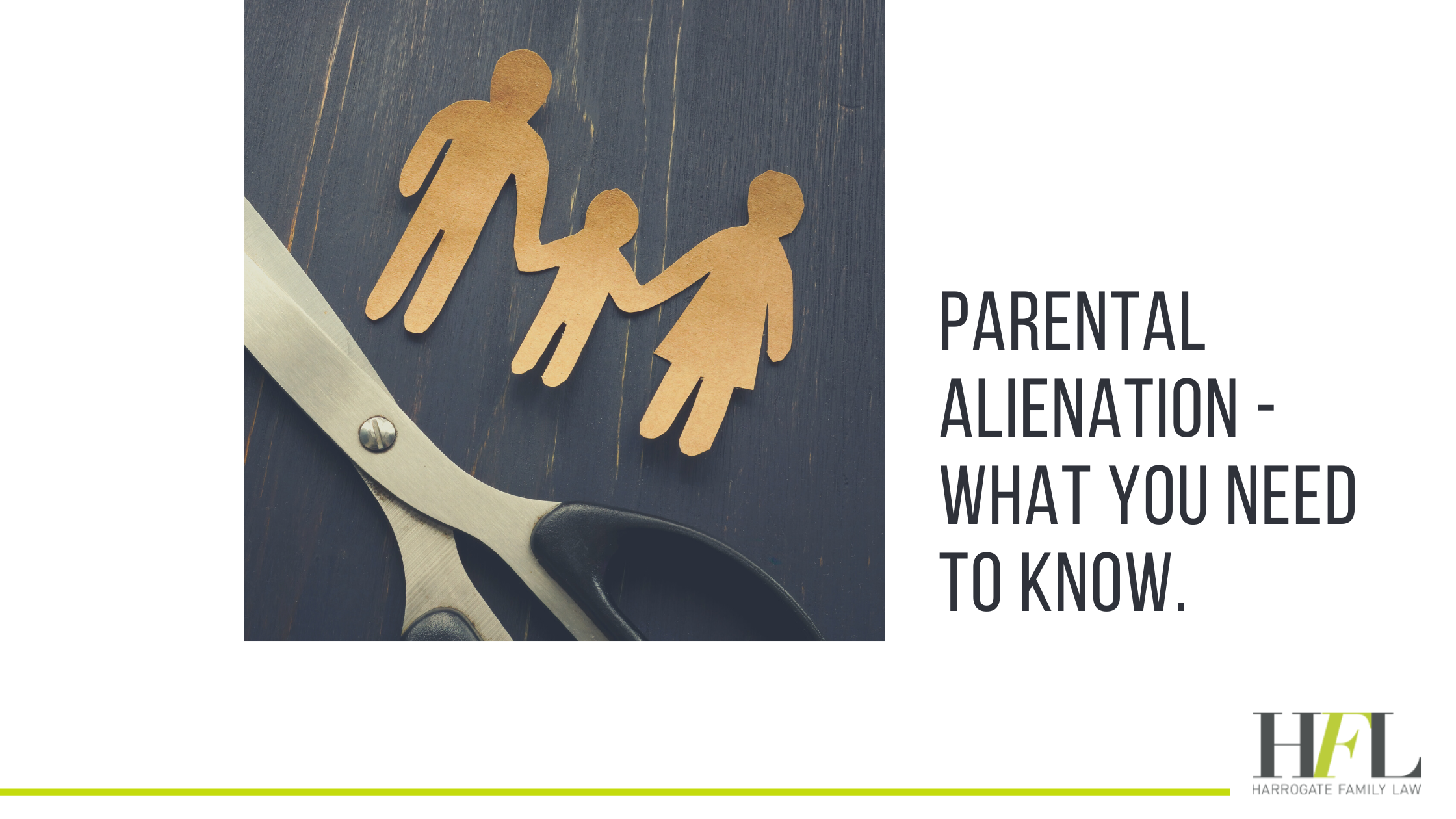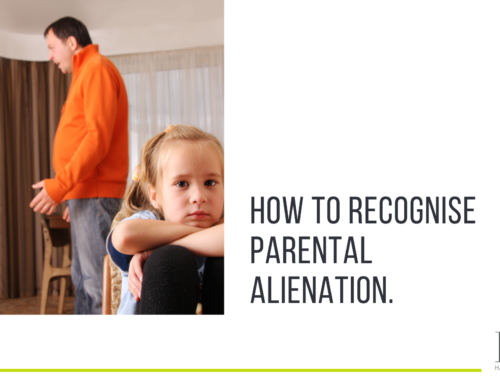The discussion around ‘parental alienation’ and its impact has become a feature of many family law matters in recent years.
Here we’re taking a closer look at the theory of parental alienation; what it is, why it’s problematic and the impact it can have on families.
What is parental alienation?
Parental alienation doesn’t have a legal definition. However, Cafcass defines it as being ‘when a child’s resistance or hostility towards one parent is not justified and is the result of psychological manipulation by the other parent’. Put simply, parental alienation is said to occur when one parent ‘brainwashes’ the child or children against the other parent, to the point where they no longer wish to have a relationship with them.
Alienating behaviour can include (but isn’t limited to) coaching a child in a particular way, being derogatory about the other parent and encouraging the children to do the same, re-writing past events and sharing inappropriate adult information with the child.
Why is it so contentious?
When disputes arise about the arrangements for the children following a divorce or separation, the court may take the children’s thoughts and feelings into consideration before making a decision about how and when contact happens. But how much this will influence the outcome depends on a number of factors. For example how old the children are, and how much they understand about the impact of their decision moving forward.
And this is where the waters can get very muddied. How do you know when a child’s views are their own, uninfluenced by their parents? Where an accusation of parental alienation is made, proving that it’s actually taken place, or not, isn’t easy. Unfortunately, the issue of parental alienation can involve numerous court hearings and a lot of input from professionals, causing great distress to children and the wider family.
For many commentators and campaigners, the theory of parental alienation is all too often used as a tactic to discredit the victims of domestic abuse. Unfortunately, it’s not unknown for allegations of parental alienation to be used as a tactic for abusive partners during family proceedings, leaving children at risk, and parents distraught by those consequences.
The impact of parental alienation
The impact of parental alienation can be devastating for parents, whether it’s alleged and unproven, or has actually taken place. In either situation, there’s the chance that a parent may not get the contact they need and want to have with their children, or that an emotionally abusive parent and partner has more contact than is appropriate, putting the welfare of the children at risk.
One of the worst things to happen as a result of parental alienation, is the irreparable damage caused to the parent-child relationship, something many parents and children find too hard to overcome.
The impact of parental alienation on the children is also hard for families to deal with. They’re likely to experience a range of emotions, including guilt, confusion and anger. Children who find themselves in the middle of a parental alienation accusation might be anxious that they’re going to lose one of their parents, whilst at the same time worrying about upsetting the other.
They may feel as though they can’t win, whatever decision they make.
What can you do about it?
If parental alienation is alleged, or you suspect that it’s happening, having an awareness of what it involves is essential. During any separation, it’s important to do everything you can to co-parent in a way that’s productive, and puts the children at the centre. But in some circumstances that’s easier said than done.
Make sure you continue talking to your children about the things that matter to them. Listen to them when they need a safe space to talk about anything that might be bothering them.
Having expert legal advice as soon as you have concerns is critical, and at Harrogate Family law we’ve got a team of solicitors who will help you deal with your situation expertly and efficiently. Get in touch with us today to find out more about our services.



